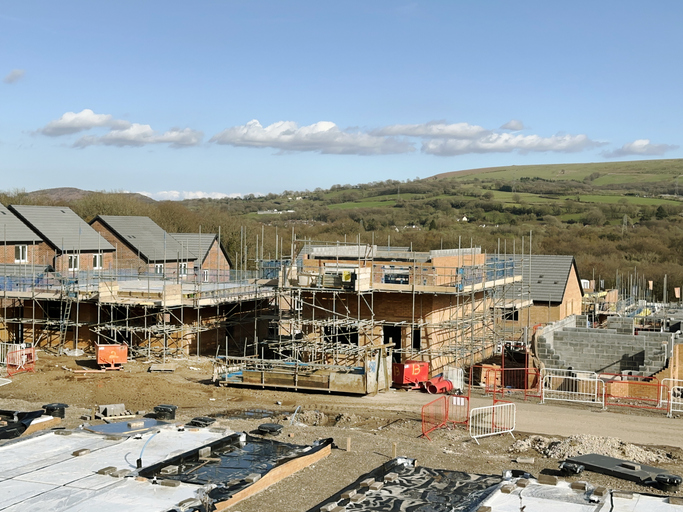
A new planning condition was introduced through The Environment Act 2021 which requires that a mandatory 10% Biodiversity Net Gain (“BNG”) is created by future developments, subject to certain exceptions. This requirement is due to be imposed on accepted planning applications that are submitted after 12 February 2024.
What is BNG?
BNG is a measurement that is used to ensure that developments include a positive impact on the biodiversity of an area, through creating or improving natural habitats.
The government have provided a statutory metric to measure the number of biodiversity units required for a development to achieve the 10% BNG benchmark. This 10% gain is in addition to the baseline level of the site, so if a site already benefits from significant biodiversity, then the 10% BNG will be on top of this existing level. Developers must show that they have assessed the value of natural habitats before and after development and have included BNG considerations in their plans.
Additionally, the Local Planning Authority must be convinced that the BNG will be maintained for at least 30 years after the development takes place. They may require that the developer enters into a section 106 agreement or binding conservation covenant as security for this obligation.
When is a development exempt?
Certain developments will be exempt from the BNG requirements, including:
- small sites, i.e. those not classed as a major development by the Town and Country Planning (Development Management Procedure) (England) Order 2015;
- those that fall beneath the thresholds, for example where less than 25 square meters of habitat is impacted; and
- small projects by homeowners, such as home extensions.
A full guide of the types of developments that are exempt can be found here.
How can developers approach the requirements?
There are three different ways in which developers can achieve the required 10% BNG:
On-site gains: – the developer can provide for the 10% BNG on-site. In order to do so, there must be sufficient land available, which may mean that additional land is required and existing development plans need to be adjusted.
Off-site gains: – the developer can utilise off-site biodiversity units to achieve the BNG, however they must bear in mind the 30-year requirement and any associated section 106 agreement or conservation covenant.
Statutory biodiversity credits: – if the developer is unable to achieve on-site or off-site BNG, they can purchase statutory credits from their local authority, which act as a financial contribution towards the BNG. This is likely to be viewed as a last resort, as the indicative pricing issued by DEFRA suggests this will be an expensive option for developers.
Next steps
It will be crucial for developers to keep up-to-date with all existing and future guidance that is issued, to ensure that their plans do not fall short of the requirements.
If you require any assistance or advice in relation to the Biodiversity Net Gain requirements, then please contact our Commercial Property team by emailing info@bhwsolicitors.com or call 0116 289 7000.
Categorised in: Commercial Property, New Build, News, Plot Sales, Residential Property
Tags: Commercial Property, New Build Homes, Residential Development, Residential Property